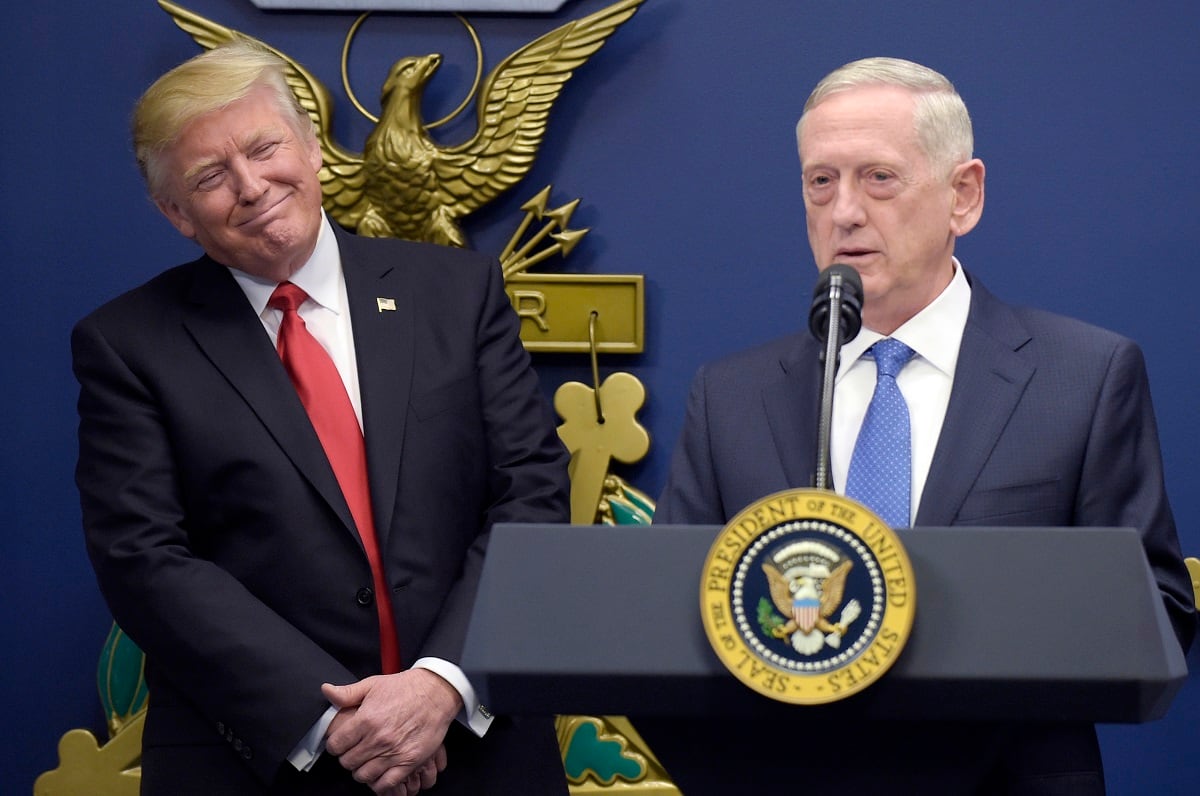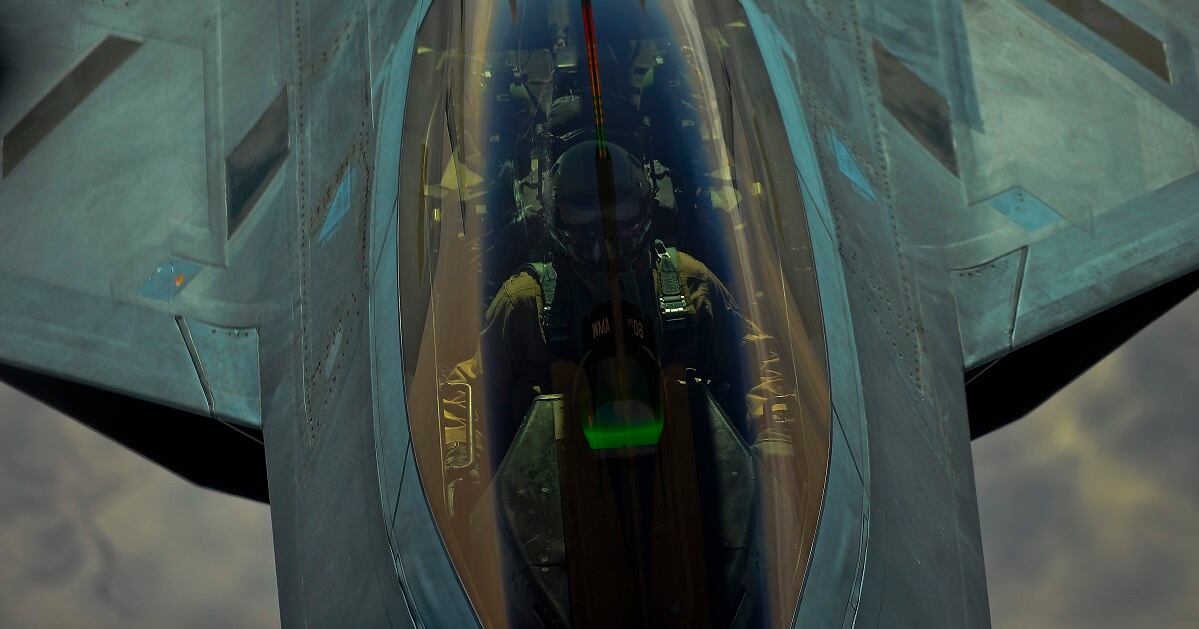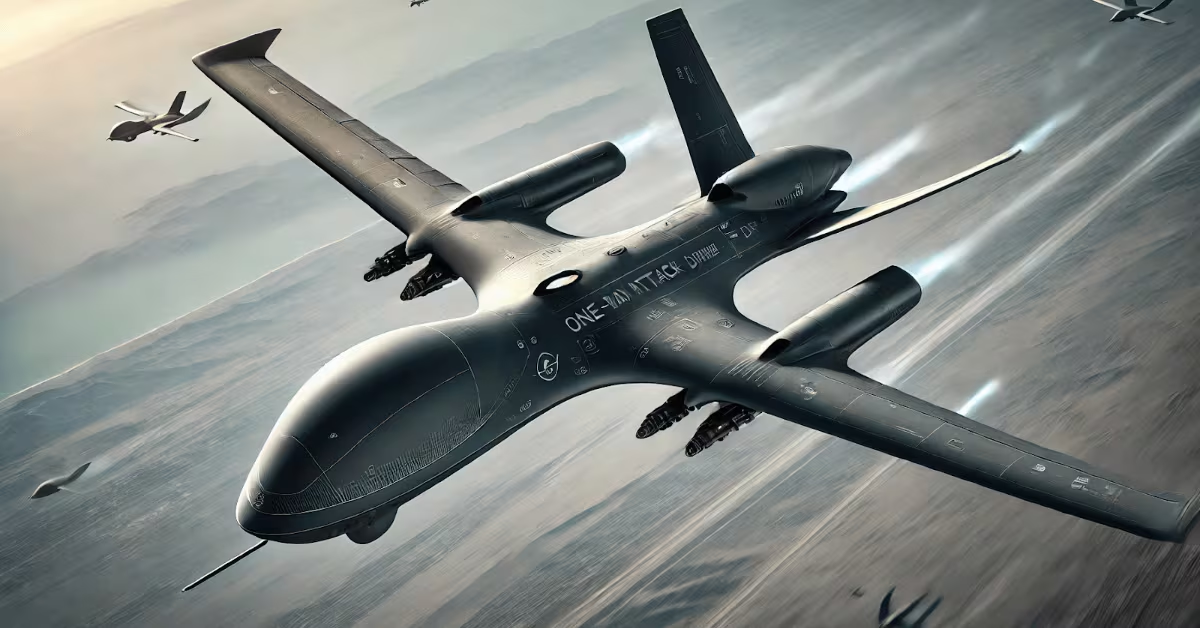WASHINGTON — America’s military superiority has “eroded to a dangerous degree,” leaving the U.S. in a “crisis of national security,” especially if faced with more than one conflict at once, a new congressionally mandated report concluded.
“The U.S. military could suffer unacceptably high casualties and loss of major capital assets in its next conflict,” reads the report, issued Wednesday by the National Defense Strategy Commission. “It might struggle to win, or perhaps lose, a war against China or Russia. The United States is particularly at risk of being overwhelmed should its military be forced to fight on two or more fronts simultaneously.
“Additionally, it would be unwise and irresponsible not to expect adversaries to attempt debilitating kinetic, cyber, or other types of attacks against Americans at home while they seek to defeat our military abroad,” the authors add. “U.S. military superiority is no longer assured and the implications for American interests and American security are severe.”
The commission is a congressionally empowered, bi-partisan committee, put together in July 2017. Three individuals each were assigned by the House and Senate Arms Services Committee leadership at the time — the late Sen. John McCain, R-Ariz., SASC ranking member Jack Reed, D-R.I.; HASC chairman Rep. Mac Thornberry, R-Texas, and ranking member Rep. Adam Smith, D-Wash.
RELATED
While reports warning of potential doom for the U.S. military are not unknown in Washington, the nature of this report — a requirement from Congress, with hand-picked experts — means that it will inevitably get attention on the Hill, just as a new Congress, with Democrats now running the House, settles in for the FY20 budget fight.
The group was co-chaired by Eric Edelman, a former U.S. ambassador and undersecretary of defense for policy from 2005-2009, and Gary Roughead, a retired admiral who was the 29th chief of naval operations from 2007 to 2011. In a strange twist, one of the members of the panel was Jon Kyl, at that point a former senator and now the man who is filling McCain’s seat.
Major threats
A big part of the commission’s work focuses on judging the National Defense Strategy (NDS), a document released in January of this year which is supposed to serve as the overarching direction for the department under Secretary of Defense Jim Mattis.
Those in the Pentagon have pointed to the NDS as a guiding light for the department; it is impossible to go to a speech by a high-level official without having it brought up, and the FY20 budget is expected to reflect the push by the strategy to focus more on potential conflict with China and Russia while drawing back from the Middle East.
But the commission warns that the NDS, while on the right track conceptually, “too often rests on questionable assumptions and weak analysis, and it leaves unanswered critical questions regarding how the United States will meet the challenges of a more dangerous world.
“We believe that the NDS points the Department of Defense and the country in the right direction, but it does not adequately explain how we should get there,” the authors conclude.
RELATED

Speaking to Defense News ahead of the report’s release, Edelman acknowledged that resourcing is a major challenge facing the success of the NDS.
“Dunford and Mattis testified that the existing strategy they inherited from the Obama administration, in their view, would take a 3-5 percent annual real increase in dollars in order to support that strategy,” Edelman said.
So for the NDS, “it stands to reason you need at least that level for resourcing, if not more … you’re going to need consistent, appropriate levels of funding that are predictable and not subject to the constant stress of continuing resolutions and two-year budget deals if we’re going to be able to meet the high-end challenge over the next 20 years.”
He added that there has to be “at least some” of both investments in the future and investments for current needs, in order for Mattis’ vision to succeed.
One area of future capabilities is in clear need of investment, according to the authors: “It is painfully clear that America is not competing or deterring its adversaries as effectively as it should in cyberspace.” They also recommend continuing attempts at reorganization of the Pentagon’s space structure to align policy and capabilities.
And on nuclear capabilities, the panel is unequivocal in its support for the path laid out in the Nuclear Posture Review earlier this year, adding they are concerned about the difference between America’s spending on nuclear capabilities and those of potential competitors.
“It is urgently necessary to rationalize and modernize the supporting nuclear infrastructure, including the national laboratories and the nuclear command, control, and communications (NC3) network,” the authors note.
Classifying this information, we think, complicates the debate without adding a lot of value.
— Eric Edelman, on why the panel recommends declassifying more of the NDS.
Structural challenges
But the authors worry that the department, as it is structured both strategically and financially right now, would not be able to successfully manage two conflicts at once – or be guaranteed victory in even one, should it come down to a fight with Russia or China.
Indeed, the report lays out a number of realistic scenarios where the U.S. would suddenly find itself on the back foot, including a potential invasion of Taiwan by Chinese forces and a North Korean strike on Seoul. To be able to realistically counter such options takes funding, they conclude.
“My view is, we probably have reached the outer limit of being able to say ‘well, without additional funding it will take more time, cost more lives and be more costly in the long run, but we’ll get it done regardless,’” Edelman said. “It’s probably more dangerous to tell ourselves and other people that we’re going to be able to do these things, when in fact we aren’t able to do them because we’re not paying for them.”
RELATED

The commission, by its nature, was also able to take an angle the NDS could not, acknowledging political realities intrude on military planning.
“We raise the issue of whether it’s politically realistic to say you’re taking more risk in the Middle East,” Edelman said. “You’re mortgaging your strategy to the fact that you’re one mass casualty attack on the homeland away from a massive re-commitment to the region.
“This is the 9/11 effect. There’s always a danger that if you turn your attention away from the area, it will come back and bite you and that would change the equation dramatically because of the political penalties leadership will pay.”
In a move that may come as a surprise for a Mattis-led department that has cracked down on information sharing, the panel concluded that the Pentagon would be best served by declassifying parts of the NDS that deal with key operational challenges.
“In order to have a coherent debate in Congress about adequate resourcing, the nature of the challenge needs to be part of the public discussion,” Edelman said. “And we don’t think it’s a shock or surprise to our adversaries that we have these challenges. Part of the reason we have them is the adversaries have done things that impose them on us — for instance, the capabilities China has developed with anti-ship cruise and anti-ship ballistic missiles. It’s not a surprise to them that they’ve created A2/AD zones.
“Classifying this information, we think, complicates the debate without adding a lot of value.”
Aaron Mehta was deputy editor and senior Pentagon correspondent for Defense News, covering policy, strategy and acquisition at the highest levels of the Defense Department and its international partners.








